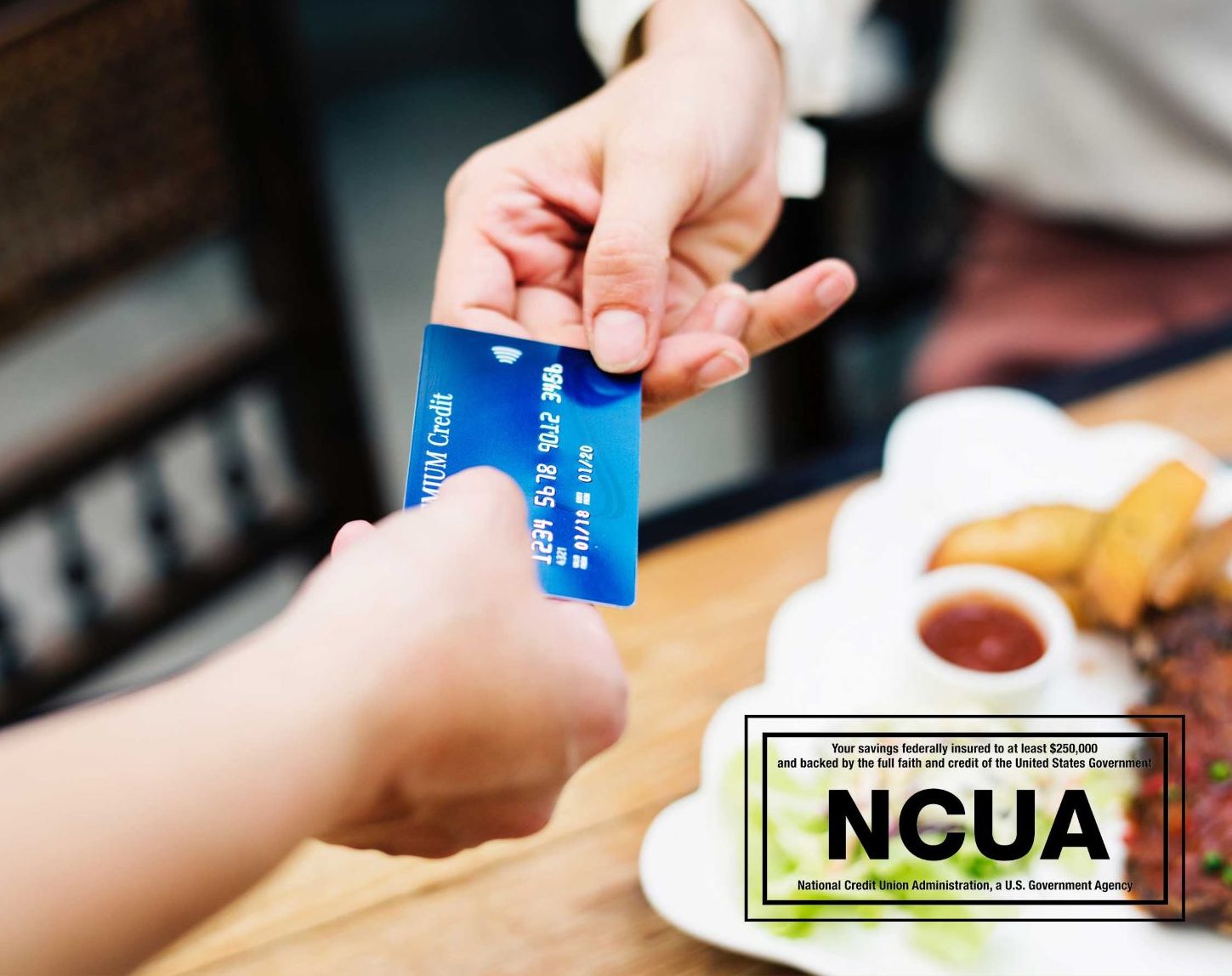There are many reasons why you may need to dispute credit card charges, such as a business you used accidentally overcharging you or a scammer fraudulently buying tickets around the world in your name.
The federal Fair Credit Billing Act (FCBA) protects consumers and credit card companies in regard to billing errors. Such errors include charges with the wrong date or amount; charges you didn’t make; mathematical errors; payments that are not posted; unauthorized charges; and recurring charges that were not made clear to you.
To open a credit card dispute, send a letter to your credit card company explaining the situation, and provide copies of receipts, sales slips, or other documents supporting your claim. The Federal Trade Commission (FTC) website includes a sample letter you can use for mistakes on billing statements.
You should send the letter as soon as you realize there’s an error, as there may be a time limit. Consider sending the letter by certified mail so that you have proof. The next step is for the credit card company to acknowledge your dispute, usually within 30 days. After receiving the letter, the credit card company may contact the business in order to investigate.
During this time:
- You do not have to pay the disputed amount, but you may be responsible for paying the rest of the your bill.
- The creditor may not take actions to compel you to pay, such as by threatening you with the idea that your credit rating would be reduced if you don’t.
- Your account can’t be closed.
- The creditor may report that you are challenging the charge.
The dispute must be resolved within a set amount of time, usually within 90 days. If it is determined that there was no error, the company would have to provide you with a written explanation. If there was an error, the charge, interest, fees, and any other costs related to it must be removed from your report.
 If you still disagree with the findings, you may write a letter explaining that you won’t pay, although the creditor may begin steps to collect the money. If this incident is reported to a credit bureau, the report must note that you disagree with the charge. In order to further protect yourself, you may want to keep receipts and records of all transactions related to this dispute.
If you still disagree with the findings, you may write a letter explaining that you won’t pay, although the creditor may begin steps to collect the money. If this incident is reported to a credit bureau, the report must note that you disagree with the charge. In order to further protect yourself, you may want to keep receipts and records of all transactions related to this dispute.
If you believe a creditor (other than a financial institution) has violated the FCBA, you may file a complaint with the Federal Trade Commission. If it is a financial institution, you may file a complaint with the Consumer Financial Protection Bureau.
For more information about our secure Georgia Heritage Federal Credit Union VISA credit cards, visit our website or speak with one of our credit union associates.




